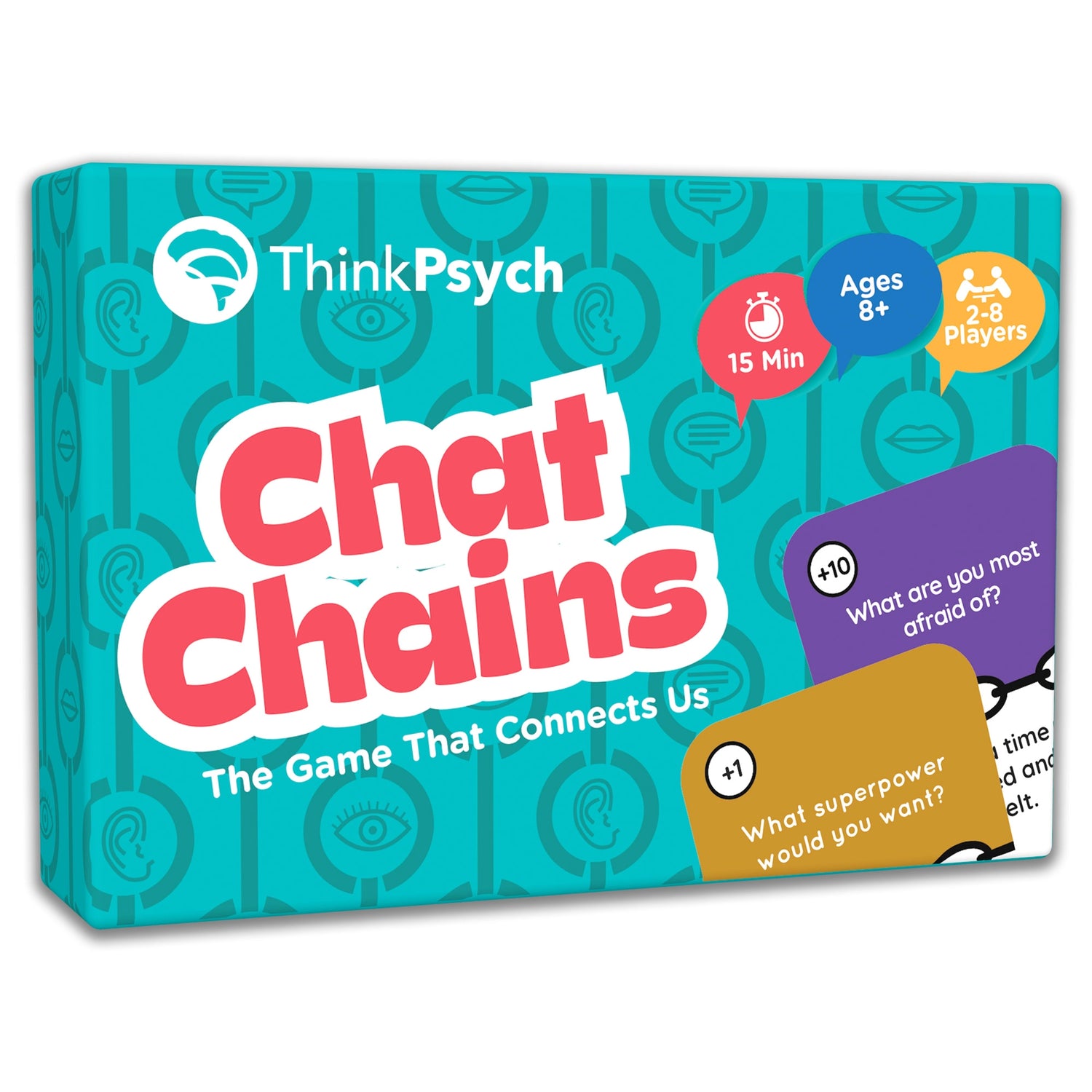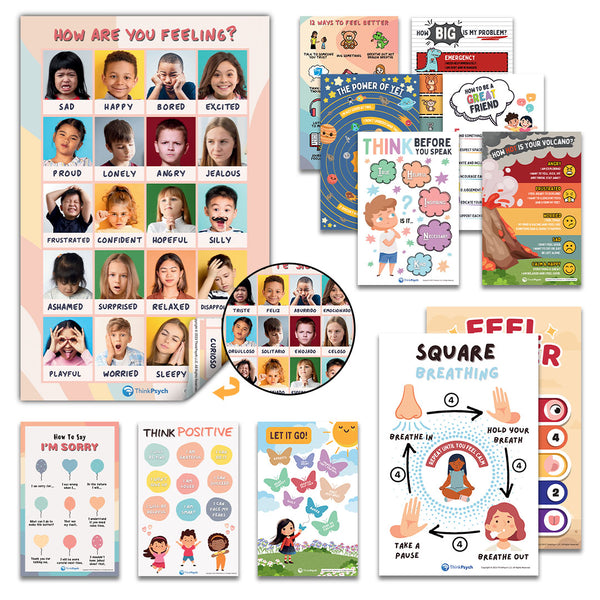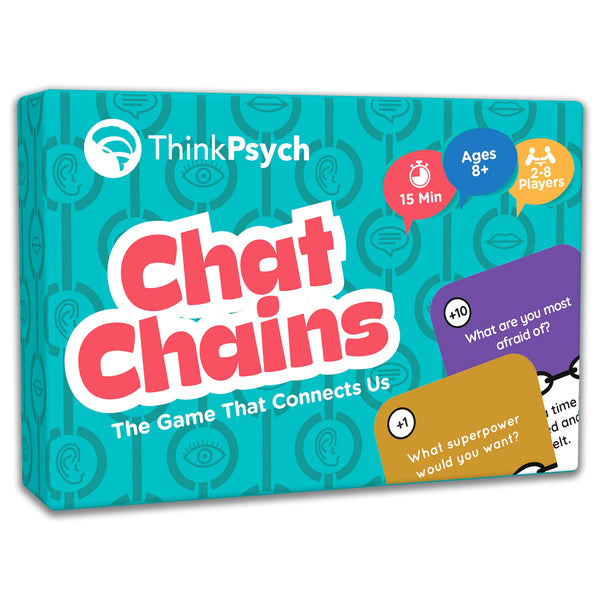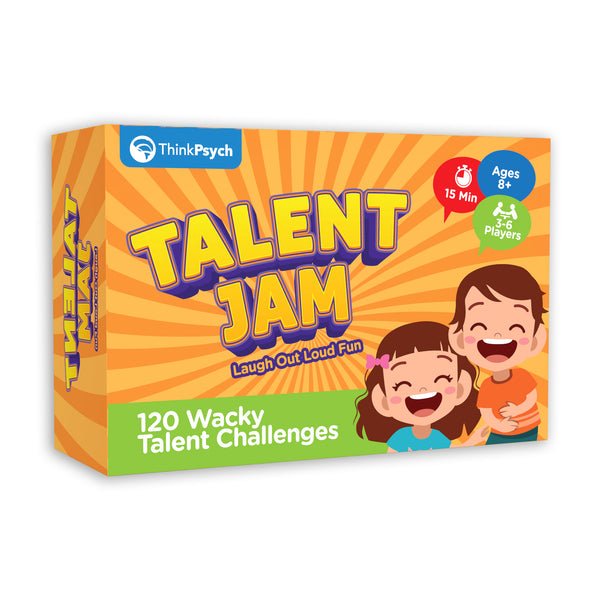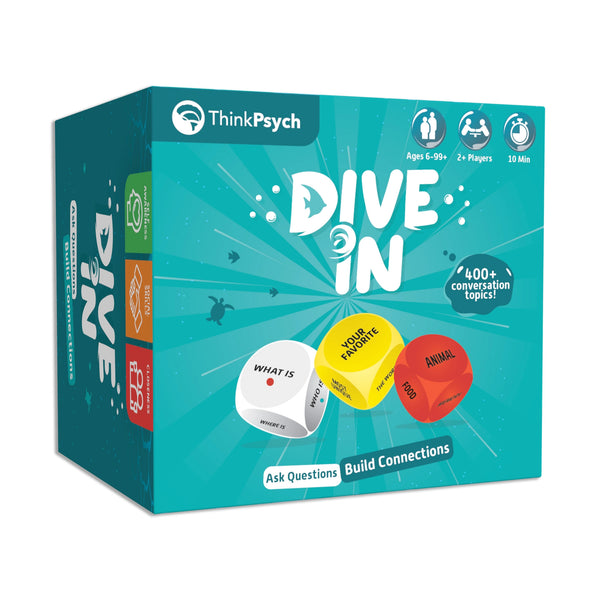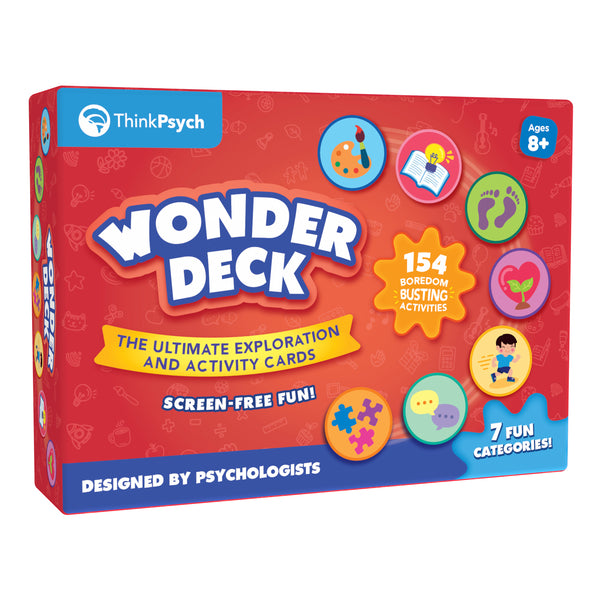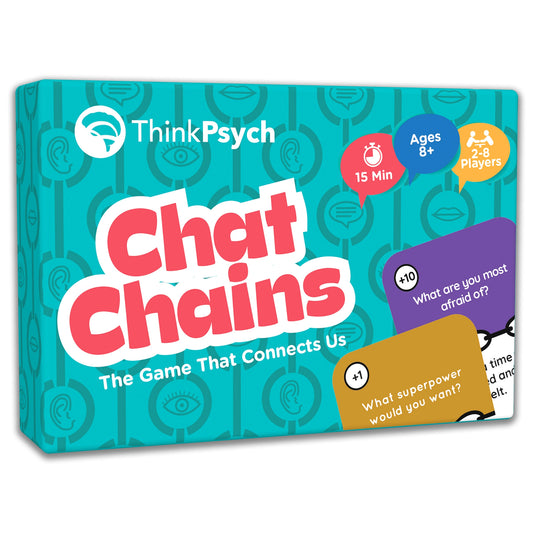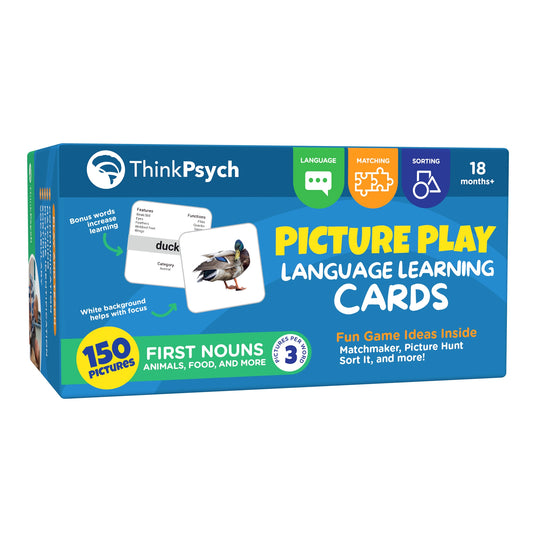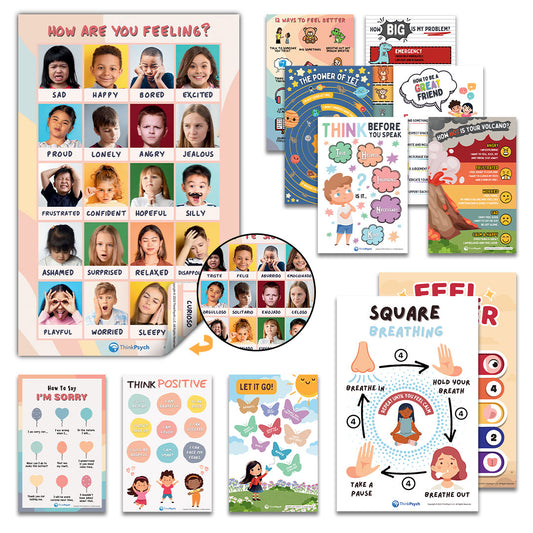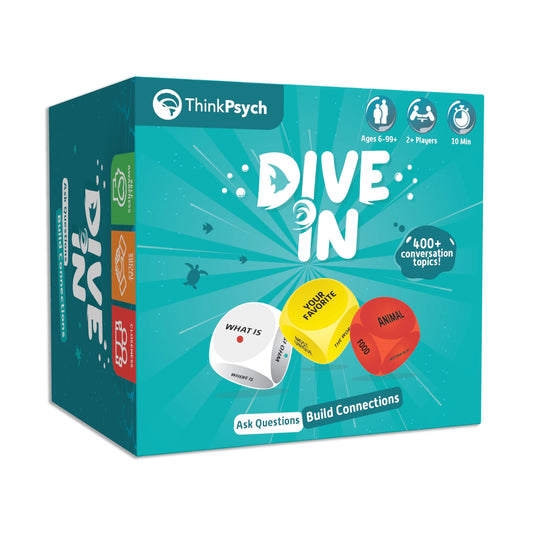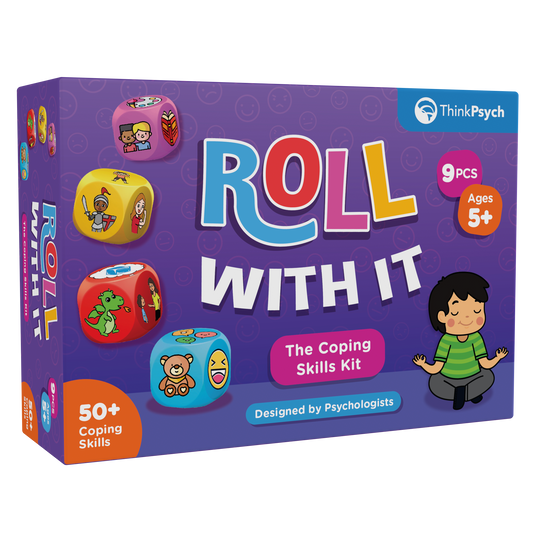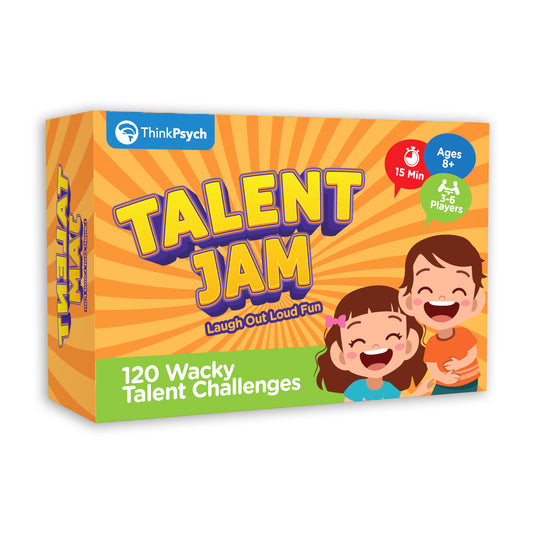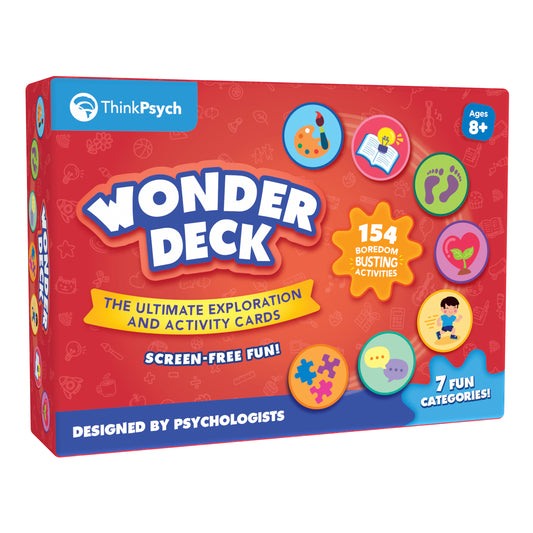
The Impact of SEL on Children's Mental Health
Share
Mental health is an integral part of every child’s development. As children grow, they need to learn how to cope with the stresses of life. However, stress and mental health issues can be complex for many kids to manage independently.
According to the Centers for Disease Control and Prevention (CDC), 1 in 6 US children aged 2-8 had a diagnosed mental, behavioral, or developmental disorder.
Social-emotional learning (SEL) is critical to any child’s education. It is the process of developing self-awareness and understanding, managing emotions, establishing relationships with others, making responsible decisions, and being engaged in their learning.
SEL helps children build a strong foundation for positive mental health. Today, we’ll explore the impact of SEL on children’s mental health and the importance of integrating it into our classrooms.
Understanding Mental Health
Before we dissect how SEL can affect children’s mental health, it is essential to understand what mental health constitutes. Mental health covers how we think, feel, and act in response to life experiences. It includes our emotional, psychological, and social well-being.
The World Health Organization (WHO) states a mental disorder is “characterized by a clinically significant disturbance in an individual’s cognition, emotional regulation, or behavior.” It can range from mild to severe and may include anxiety disorders, depression, bipolar disorder, or eating disorders.
What is Social-Emotional Learning?
Social-emotional learning (SEL) is an educational approach that helps students develop the skills to understand and manage their emotions, set and achieve positive goals, feel connected to others, make responsible decisions, and handle challenging situations.
It includes self-awareness, self-management, social awareness, relationship skills, and responsible decision-making.
This evidence-based approach has been incorporated into classrooms worldwide to teach children how to navigate life’s challenges while developing healthy relationships with their peers.
The Developmental Benefits of SEL for Children’s Mental Health
Social-emotional learning helps foster healthy mental development in children. Here are some of the ways it can promote better mental health in kids:
Improved Self-Control & Stress Management
SEL helps kids develop better control over their responses in stressful situations by teaching them practical strategies to manage their emotions and reactions. This improved ability to regulate emotions allows a child to think more clearly and make appropriate decisions for the situation.
Additionally, through SEL activities, like rolling dice that teach coping strategies, children can learn how to recognize big feelings and identify coping mechanisms that work best for them.
Having these skills can help reduce anxiety levels and give the child a sense of control over their emotions and reactions, improving emotional well-being.
Enhanced Academic Performance & Cognitive Skills
SEL promotes an environment where children are more likely to engage in their studies. It helps them learn strategies to increase focus. Mindfulness practices and journal-keeping are some techniques to reduce stress levels. When less stressed, they can concentrate better on their studies.
Social-emotional learning programs also allow children to practice interpersonal skills that foster collaboration between classmates. When students can work together effectively, it increases their chances of success on group projects.
Studies show that SEL intervention has helped students increase their academic performance by 11 percentile points compared to those who didn’t participate.
Shop ThinkPsych Products
Increased Understanding, Tolerance, & Respect for Diversity
Part of SEL teachings is learning to be more aware of your thoughts and feelings and those of others. It encourages respect for diversity by emphasizing the importance of inclusivity.
Kids are taught to listen without judgment and put themselves in other people’s shoes. This helps them understand different perspectives better and develop empathy towards those who may be different from them or have experienced something they haven’t.
By understanding differences between individuals, children can build relationships that foster respect for each other’s beliefs, values, and backgrounds — all essential components for a healthy mental life.
How SEL Benefits Children’s Mental Health in the Long Term
Children do not only reap short-term benefits from social-emotional learning. SEL helps them develop essential skills that will serve them throughout their lives. Let’s look at some of these skills:
Greater Resilience to Adversity & Difficult Situations
SEL can help kids cultivate emotional resilience, which is the ability to cope with challenging situations. It teaches them how to recognize and manage their emotions in difficult times.
For example, educators can teach skills like deep breathing and visualization so kids can use them when they feel overwhelmed or anxious. These coping strategies can come in handy in the face of adversity, helping them develop greater resilience for life’s challenges.
Improved Decision-Making & Problem-Solving Skills
SEL also helps kids learn how to make better decisions and solve problems. It gives them the tools to evaluate their options, weigh potential outcomes, and choose the best course of action.
These skills are invaluable in adulthood when faced with difficult choices or complex problems. With social-emotional learning, children gain the ability to think critically and make sound judgments that will serve them well for years to come.
Increased Empathy & Self Esteem
SEL also promotes the development of empathy and self-esteem. It helps children learn how to recognize their feelings and those of others, making them better able to form meaningful relationships with peers.
It can also help children boost their confidence by teaching them problem-solving skills and strategies for self-advocacy. This can lead to improved self-image and increased satisfaction in life.
Enhanced Social Interaction & Relationships With Peers
Children learn effective communication skills through SEL programs, which can help them foster healthier relationships with their peers. These skills also help them develop better social-emotional intelligence to understand how to interact and build meaningful connections with others.
This improved ability to relate to other people will be beneficial as kids enter adulthood and embark on new relationships.
Final Thoughts
Social-emotional learning is a powerful tool that can have lasting effects on children’s mental health. It helps them build the skills to manage stress, solve problems, and develop empathy.
Integrating SEL into our classrooms through effective programs allows us to give kids the best chance at developing positive mental well-being. However, remember that each child is unique and may have different needs. Consulting a mental health professional can help provide personalized guidance for your child’s development.
Sources:
- CDC | Data and Statistics on Children’s Mental Health: https://www.cdc.gov/childrensmentalhealth/data.html
- WHO | Mental disorders: https://www.who.int/news-room/fact-sheets/detail/mental-disorders
- CASEL | Fundamentals of SEL: https://casel.org/fundamentals-of-sel/what-does-the-research-say/
